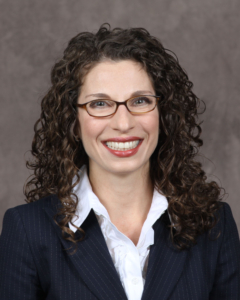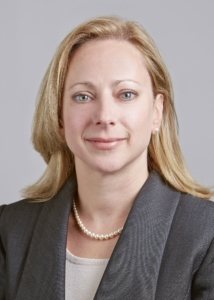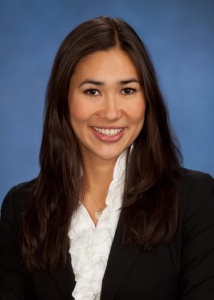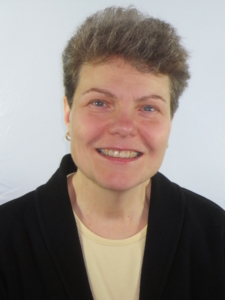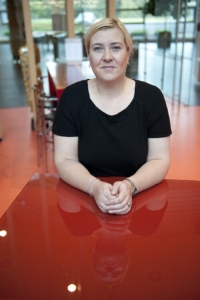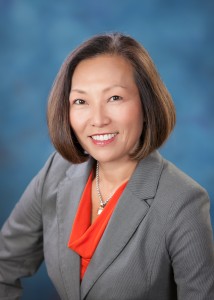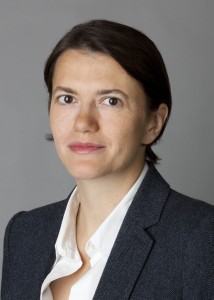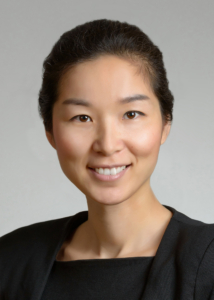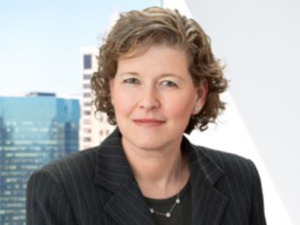 “Make sure you take control of your career and assert yourself, and you will be rewarded,” says Frances Janis. “You will have a successful career if you seek out opportunities that fit your strengths and then perform to the best of your ability.”
“Make sure you take control of your career and assert yourself, and you will be rewarded,” says Frances Janis. “You will have a successful career if you seek out opportunities that fit your strengths and then perform to the best of your ability.”
Janis knows that this path will pay off: her career in the venture capital industry has been the result of seizing new opportunities and taking calculated risks along the way.
She was first introduced to the field when she filled a six-month gap between university and graduate school as a receptionist at a venture capital firm. It just happened to be one of the most prolific VC firms at the time, one that had backed Apple and Genentech, and Janis recognized her good fortune to be working with great people doing exciting things. She sought employment at the firm after completing business school, and while there were no current opportunities there, one partner who had left to start his own firm hired her. She worked for him for 11 years and continues the relationship today — he remains her mentor and is on the board of a fund for which she is the portfolio manager.
Her next move was to join her current partner at Pomona Capital, who was launching a new concept at the time — buying out the interest in funds from investors who needed liquidity. “It was a mad cap idea, but he was very convincing and he really had foresight in a market that was not yet evolved,” she says. “It’s been an amazing ride. Neither of us could have dreamed it would become as big of a business as it has,” says Janis. The 21-year partnership has spawned a business that manages $8 billion and has 45 employees in three global locations.
For Janis, building the business is the achievement she’s most proud of. These days, her main functions are in an upper management capacity, rather than making investments. She recently was intricately involved in overseeing the development of a recently launched retail product, which will be distributed by Voya. It will create an entirely new market for Pomona Capital, since all its previous products have been institutional.
“I love being involved in strategizing how to make sure that the business is moving forward on lots of different fronts. The industry has changed and evolved so much, and we are constantly faced with exciting new challenges.”
Finding the Right Talent and Right Fit: A Two-Way Street
For Janis, one of those recurring challenges is managing the people side of the business. As a small firm, it’s critical that new hires fit in to the collegial culture since each person affects the dynamic. The interview process typically includes having the potential candidate meet with a cross section of employees to check that personality fit. “From senior-level employees down to junior, it can be hard to get it right,” she says.
Once selected, her firm aims to keep associates engaged so Pomona is constantly considering how to offer new experiences. For example, just recently a younger associate who valued international experience spent time in the firm’s London and Hong Kong offices; another will go to Hong Kong in September.
Much of a candidate’s future success has to do with how they respond to the smaller, less-structured environment. Janis recommends that all professionals realize that bosses prefer employees who are self-starters and ask how they can help, rather than sitting and waiting to be tapped on the shoulder.
Janis stresses that long-term career satisfaction comes from finding something you love to do. She knew from her first position that she loved private equity – being around smart people and the excitement of hearing about new businesses and strategizing on their behalf. She also says that she knew a big bank wouldn’t be a good fit for her; for her part, she preferred the smaller environment, where she was spending a lot of time with people who become like family.
“You have to understand what the right environment is for you: Are you a self-starter? Do you need hands-on management? You have to be an active manager of your own career, and while you shouldn’t be impatient and jump before you fully understand the opportunities a certain position might offer, you shouldn’t stay at something too long if it’s not fulfilling your needs.”
Success in a Man’s World
Janis notes that the financial industry is still predominantly male – and that much of the networking happens on golf outings and during other sports-oriented events.
“While that remains a barrier and it does not always provide the most comfortable networking environment for women, that doesn’t mean one can’t have a successful career in the financial services industry; you just have to accept that these venues exist.”
She says that there are many successful women in the industry – she points to her firm which has two female partners and women heading up finance and marketing, but notes they are not always as vocal about their achievements. “These women both have roles of significant responsibility, and you usually don’t hear about them. Women tend to be more low key and modest and don’t get as much recognition as men choose to take.”
As the mom of two boys, ages eight and 13, her home life can be a “man’s world,” as well. She loves nothing more than having breakfast with her sons, and spending as much time with them as she can. “I leave work and turn into a mom,” she says.
And lastly, in addition to Janis’s role as a Senior Partner of Pomona, she serves on the board of trustees of her alma mater, Northeastern University.

